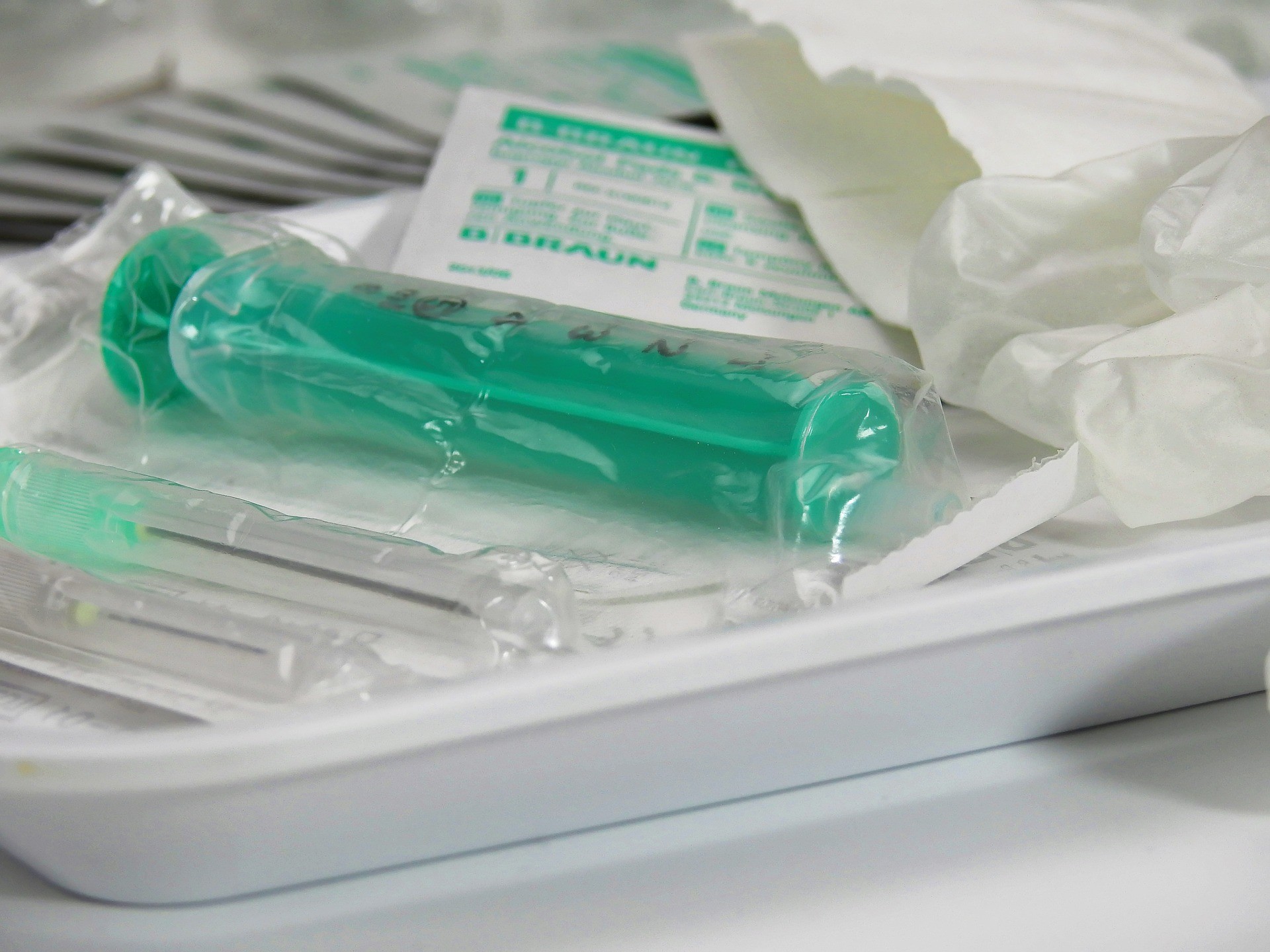

Click here to see all of PopSci’s COVID-19 coverage.
With inoculations in full swing, there is hope that the pandemic could ease up over the course of this year. However, right now is a critical time to remain vigilant about public health best practices, especially as the winter months continue to keep us indoors. Here’s everything you might have missed this week.
A study suggests the AstraZeneca vaccine might help to reduce transmission of COVID-19
A preliminary study, which has yet to be peer-reviewed, suggests that the AstraZeneca vaccine may help to reduce the transmission of the novel coronavirus. To do the study, the researchers used data collected from recent clinical trials done in Britain, Brazil, and South Africa. During the trials, researchers did weekly nasal swabs on participants. They found a 67 percent reduction in positive swabs in the vaccinated group. When someone gets vaccinated, they might still come into contact with the virus and scientists aren’t sure if a vaccinated person can pass the virus along to others even as their immune system is fighting it off.
This new data hints that the vaccine might be both effective in helping your immune system fight it off so you don’t get sick and preventing it from spreading to others. But of course more research is needed to make that final call.
[Related: Read about all the vaccine candidates that may be available soon]
Another vaccine from drug maker Novavax may be on track to deliver doses by June
For most of its development, the vaccine made by a small drug company based in Maryland called Novavax has run into issue after issue. This made it hard to predict when, if ever, we might see the vaccine’s approval. But as of this past week, the company announced that its vaccine worked well based on early trials done in the UK.
The company announced that the vaccine had an efficacy rate of almost 90 percent, though in another trial performed in South Africa, the rate of efficacy was just under 50 percent. The benchmark for emergency use authorization in the United States is over 50 percent.
Even if it might not be as effective against the variant in South Africa, the Novavax vaccine could still be of great use across the world. Unlike mRNA vaccines, like Moderna’s and Pfizer’s vaccines, the Novavax vaccine can be stored under normal refrigeration. According to the company, plans are in place to set up production plants around the world to produce up to 2 billion doses per year, according to The New York Times.
Public health experts agree that it is safe for pregnant people to get vaccinated against COVID-19
Last week the WHO initially announced that they would not recommend pregnant people to get the COVID-19 vaccine. Quickly, they reversed that decision and promoted what other public health organizations, including the CDC, have been saying: That the vaccine is safe and effective for pregnant people.
This week, Anthony Fauci said that there were no problems in pregnant women who have received the COVID-19 vaccine so far. As he explained, while pregnant women were excluded from vaccine trials (as is pretty standard for all drug clinical trials), a few thousand pregnant women have been in trials since the FDA gave the emergency use authorization to Pfizer and Moderna. And there haven’t been any reports of severe adverse effects yet.
As we reported this week, the risks of getting COVID-19 far outweigh the risks of getting one of the authorized coronavirus vaccines. But if pregnant people have questions, they should speak with their doctors.
The CDC says virtual gatherings are the safest way to watch the Super Bowl this year
Almost a year into the pandemic, it’s become clear that small, indoor gatherings with people outside your household are frequently how the coronavirus spreads. This is especially true if masks aren’t worn. With the Super Bowl coming up on Sunday, the CDC issued guidelines on the safest and best way to celebrate the event. “Gathering virtually or with the people you live with is the safest way to celebrate the Super Bowl this year,” the CDC posted on its website.
Since the start of the pandemic, each holiday, including Memorial Day, Fourth of July, and the most recent Thanksgiving and Christmas holidays, have all brought spikes in new cases. But with the United States just now coming down from its largest wave yet, and with vaccines on the way, we all need to be doing everything we can to prevent another spike.
